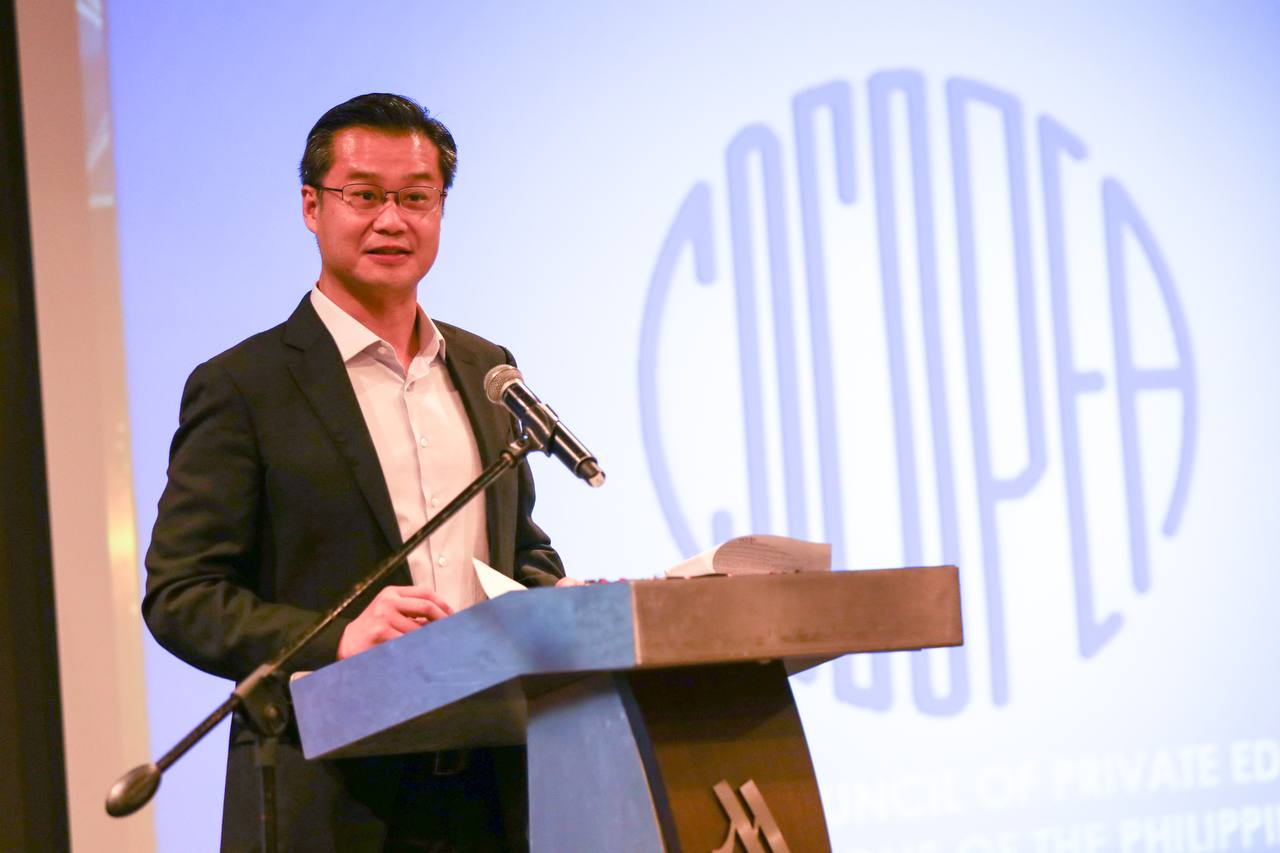Senator Win Gatchalian is pushing for the development of more renewable energy (RE) projects in the country to help bring down power costs and ensure sufficiency of energy supply.

He noted that based on data from the Manila Electric Co. (Meralco), renewable energy plants provide the cheapest generation cost when compared to coal-fired and gas-fired power plants. Data showed that in the month of July, coal plants had the highest generation cost at an average P8.0978 per kilowatt hour (kWh) while gas-fired power plants had an average generation cost of P5.6636 per kWh and RE power plants had an average generation cost of only P4.7052 per kWh. The same data also showed that RE plants only contributed 7.69% of the total power purchased by Meralco last month.
“The data clearly shows that the development of renewable energy would provide the most benefit for our consumers as it entails the lowest generation cost,” Gatchalian said. He had earlier filed Senate Bill No.157 or the Energy Transition Act, which provides for the creation of an Energy Transition Plan to achieve net zero emissions by 2050 and remove dependence on imported fuel.
Gatchalian, however, said the energy transition would require diversification of the country’s current energy sources.
He also filed Senate Bill 485, An Act Enhancing The Implementation Of The Net-Metering Program, Amending For The Purpose Republic Act 9513, or The Renewable Act Of 2008. This proposed legislation, designed to foster increased investments in the renewable energy sector, seeks to remove the 100-kilowatt (kW) ceiling on generation facilities that can participate in the net metering program. Authorized under existing laws, net metering allows participants with their own REfacilities to feed power back into the grid and have their contribution to the common pool of power deducted from their consumption.
Gatchalian also expressed hope that investors would take advantage of a recent circular issued by the Department of Energy (DOE) that removes limitations on foreign ownership of RE projects. The circular effectively allows foreign nationals and foreign-owned entities to explore, develop, and use RE resources such as solar, wind, biomass, ocean, and tidal energy.


